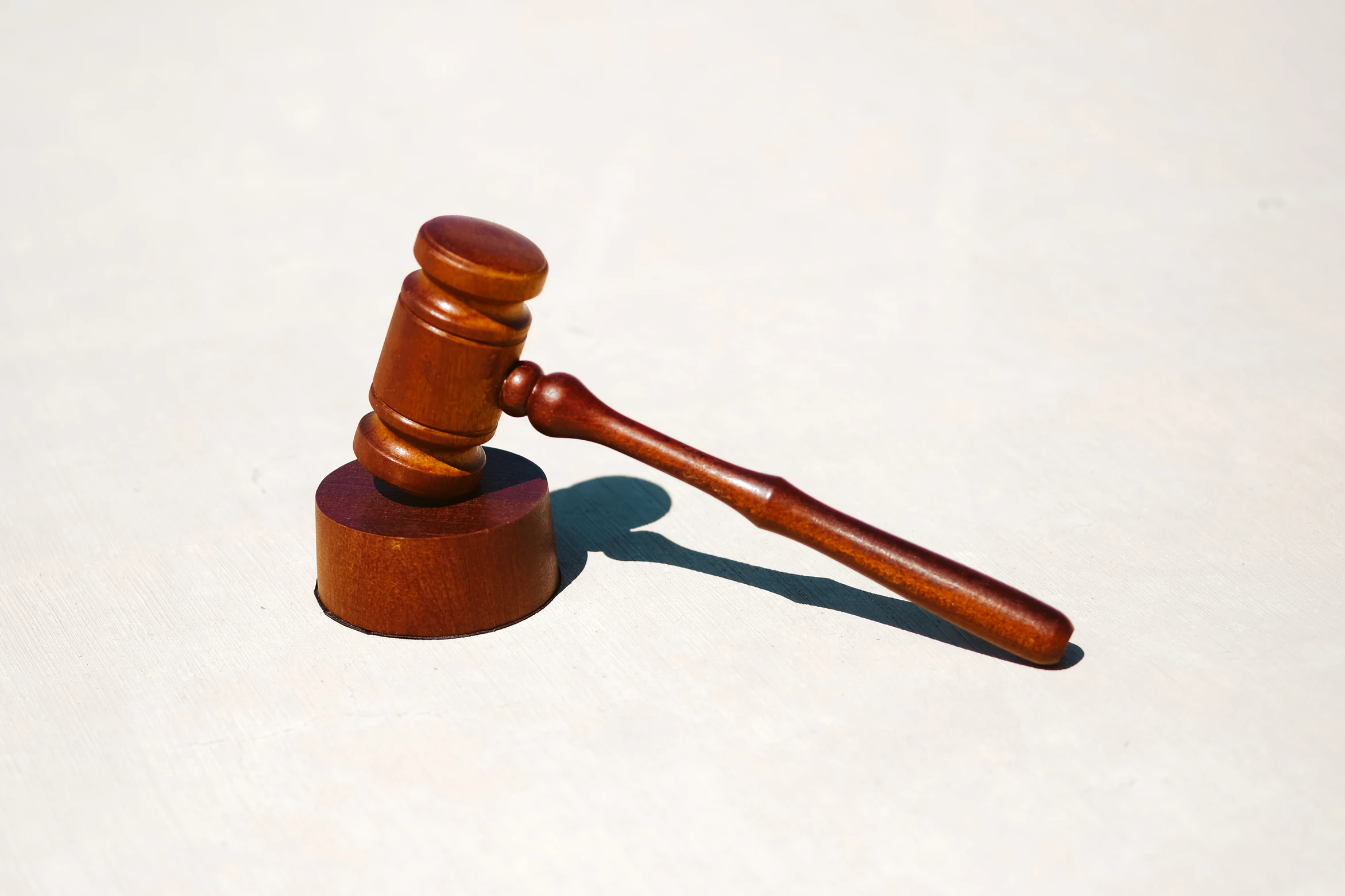If you own a trademark, are applying for a trademark, are challenging the registration of a trademark, are seeking to have a trademark canceled, or are otherwise involved in a dispute over or about a trademark, you have some options about where to litigate the issues. Most often, trademark disputes are handled in federal court. But one option is to have your trademark dispute heard by the Trademark Trial and Appeal Board (“TTAB”). The TTAB is authorized by the Lanham Act and is part of the US Patent and Trademark Office (“USPTO”). Proceedings before TTAB have some similarities to court proceedings. But there are some important differences. Here are some tips and tricks for dealing with the TTAB.
Paper Proceedings Only: Prepare Accordingly
TTAB proceedings are “paper only.” This means that there are no “trials” or “live” witnesses in the traditional sense. Thus, the most important tip for dealing with TTAB proceedings is this: Practitioners and pro se parties must plan for and prepare their documentary evidence carefully with an exacting “eye” for what will be needed for the final submissions. For example, every document necessary for success must be submitted. There is no trial where lack of evidence can be “fixed” or a “forgotten” document can be introduced. Likewise, all documents must have their proper foundation when submitted since there is no trial where witnesses can lay the proper foundation.
Witnesses by Deposition Only
Since TTAB proceedings are “paper only,” the corollary is that witnesses “appear” only via deposition transcripts. This means that EVERYTHING a witness needs to say must be said during the deposition. Further, if the witness is laying evidentiary foundations for various needed documents, that must be done at the deposition. In addition, properly detailed objections to any evidence must be made at the depositions since there is no later opportunity. In effect, TTAB depositions should be treated as “evidence depositions” as those are used in court proceedings. Mostly, the TTAB has adopted the Federal Rules of Civil Procedure and Rules of Evidence with respect to discovery and admissibility of evidence.
Limited Depositions
Unlike court proceedings, witness depositions are limited to those who have signed written declarations — affidavits — related to the issues in the proceeding. Note also that, absent agreement, oral depositions are not allowed for witnesses that are not physically present in the US.
Limited Schedule Changes
Unlike court proceedings, the scheduling Order issued by the TTAB is set by rules and statutes. Thus, there are only very limited opportunities to modify the schedule. Thus, practitioners and pro se parties must plan ahead and meet their deadlines.
Other Discovery is Allowed, but Different
Other types of discovery — document requests, interrogatories and requests to admit — are allowed in much the same manner as for federal court proceedings (with some differences). Initial required disclosures are also used by the TTAB, but are more limited. Since the TTAB has no authority to award damages, there are no required disclosures or discovery allowed with respect to damages, insurance coverage and the like.
Documents Produced are Not Automatically Admissible
The TTAB allows a party to file what is called a “Notice of Reliance” which allows certain documents to be automatically admissible. Answers to interrogatories and deposition transcripts can be admitted in this manner. But documents produced pursuant to document requests cannot be admitted in this manner. Thus, a proper evidentiary foundation must be laid for such documents. Thus, complete document production is needed before depositions are scheduled and, for key documents, practitioners and pro se parties must choose the correct deposition witnesses and make careful plans for laying evidentiary foundations prior to and during the depositions.
Contact Revision Legal For more information or if you have questions about creating and registering a trademark, contact the trademark lawyers at Revision Legal at 231-714-0100.




